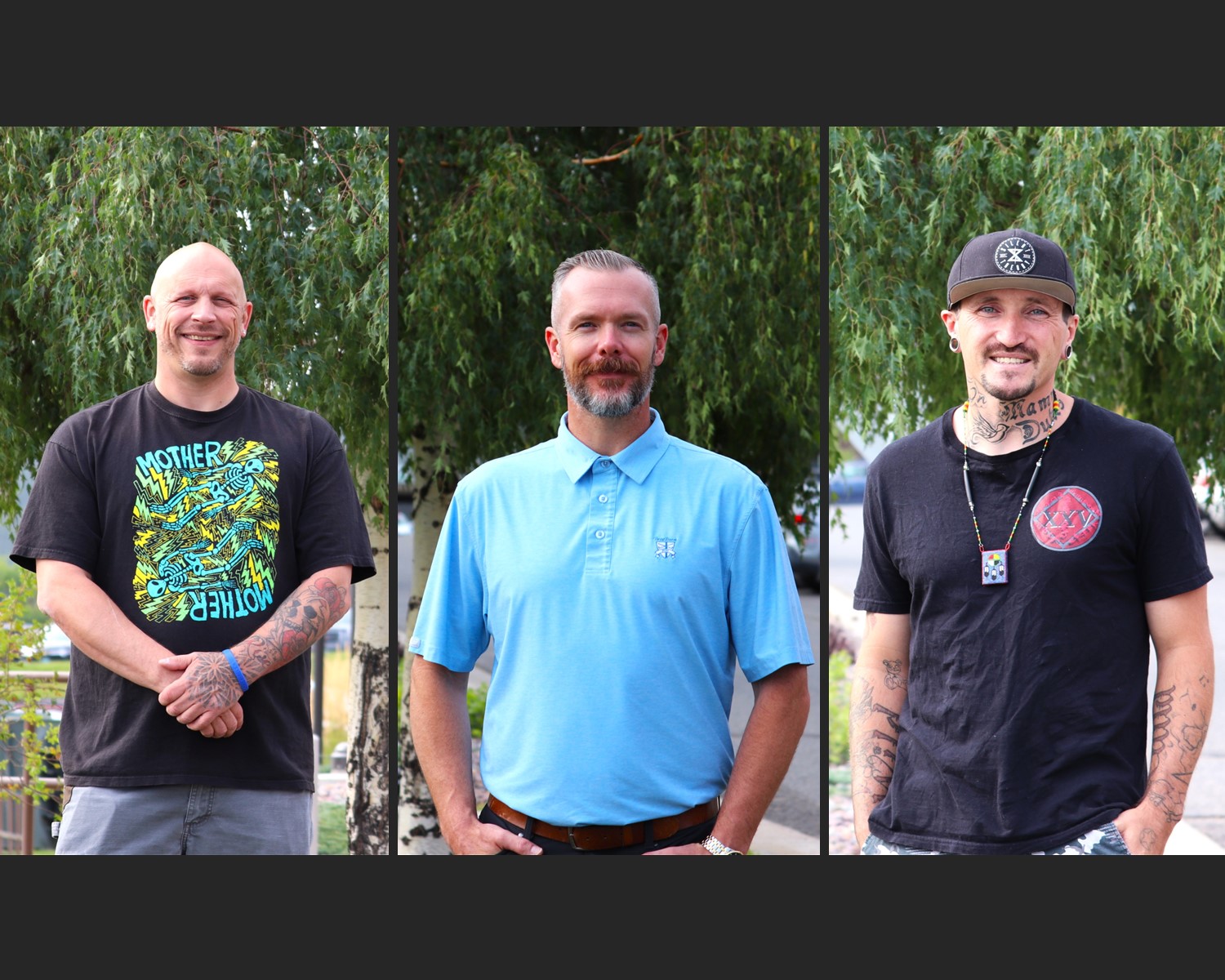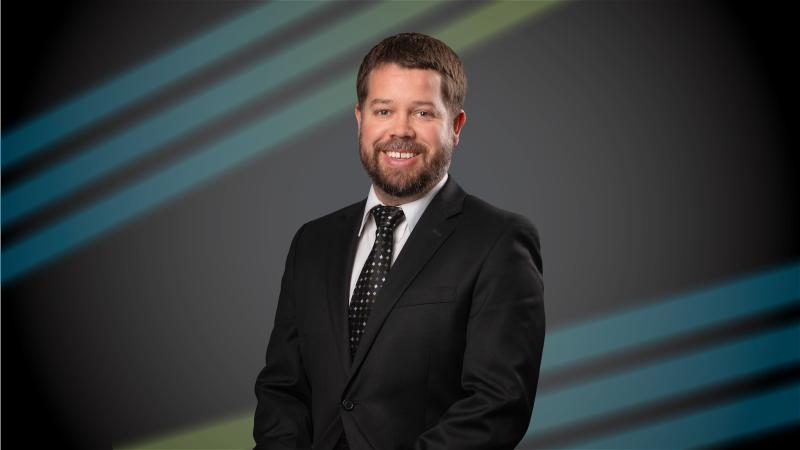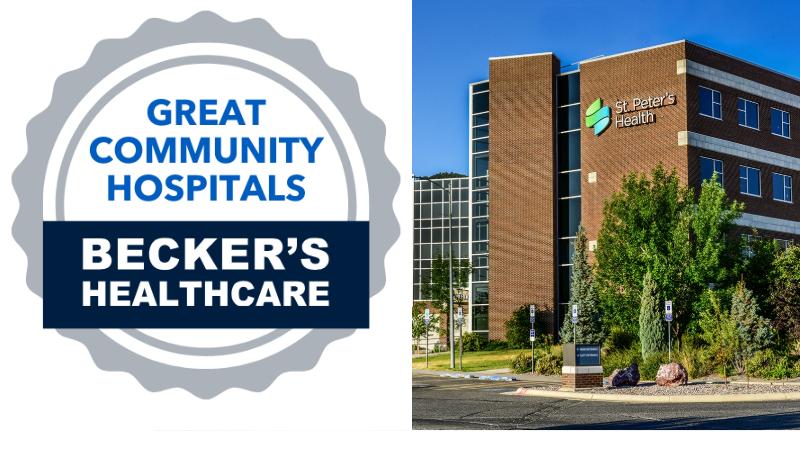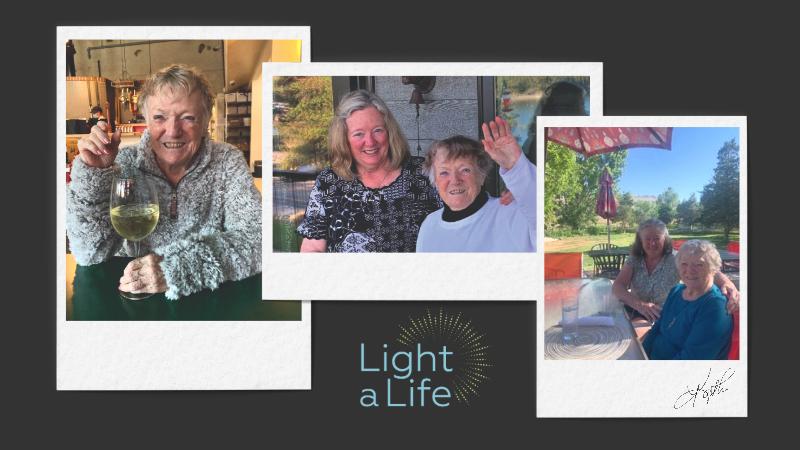
Mark Nay, Erin Olson and Scott Howard are Peer Support Specialists at St. Peter’s Health. They use their personal experience with mental health and substance use recovery, combined with specialized training, to provide understanding, encouragement and practical help when it matters most.
September 22, 2025
Every journey of recovery is personal, but no one walks the path alone. Addiction touches not only the individual but also families, friends, and communities. It leaves behind pain, loss, and stigma. Yet even in that struggle, there is hope. Recovery is possible, and it grows strongest in environments where people feel supported, understood, and connected.
The Power of Peer Support
One of the most valuable tools in recovery is peer support. People who have walked the road themselves bring a level of understanding and empathy that textbooks cannot teach. They offer more than encouragement—they model resilience, provide accountability, and help break down the isolation that often comes with addiction.
Taking the First Step
For many people, taking the first step toward recovery can be frightening. There is no one-size-fits-all approach. Some find success with 12-step programs, others with groups such as NAMI or their faith community. Still others build recovery through outdoor activities, exercise, or creative outlets.
“Recovery is a stance in life to help you change. The support systems are the tools to help you get there,” explains Peer Support Specialist Mark Nay.
Just as the reasons for addiction vary, so do the sparks that inspire someone to change. What matters most is that the person chooses recovery for themselves—not to please someone else. “You have to want the change for you, otherwise it won’t stick,” says Peer Support Specialist Erin Olson.
Relapse Is Part of the Journey
It is important to understand that relapse is part of recovery. “Relapse is part of the whole process—it’s how you learn how to do better next time,” Olson says.
Shame, guilt, and fear often follow relapse, and these emotions can become barriers to change. That is why connections and compassion are so critical.
Peer support is especially important during relapse. For the person struggling, it offers encouragement to get back on track. For family members and friends, it provides space to process frustration and anger while still holding on to hope.
Support for Loved Ones
For families and friends, waiting for someone they love to choose recovery can feel exhausting. This is why it is just as important for loved ones to find support for themselves. Healing and growth are not only possible—they are necessary.
There are many resources for loved ones. Some find comfort in groups like Al-Anon, where members understand the experience of loving someone with addiction. Others may do better with one-on-one counseling or therapy.
No matter the path, getting the right tools helps loved ones move forward and build healthier relationships. “I want people to see me for the good things I’m doing, not for the horrible things I’ve done in the past,” says Peer Support Specialist Scott Howard. Families can play an important role in making that possible, while also protecting their own well-being.
Walking Together
Addiction changes lives, but recovery restores hope. For people in recovery, support systems can be the bridge between despair and healing. For loved ones, community and resources can provide strength during difficult times.
No one should face addiction alone. By reaching out—for ourselves, for our families, and for each other—we can help build a community where recovery is not only possible but celebrated.
To learn more about how peer support can help, email peersupport@sphealth.org.



